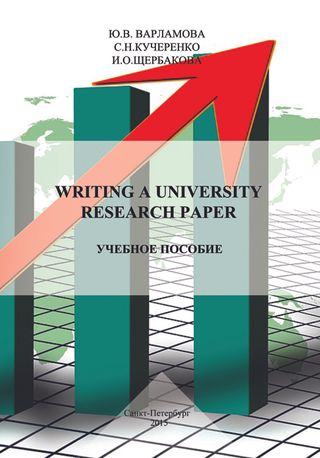?
Writing a University Research Paper
Writing a University Research Paper is primarily intended for university and postgraduate students who need extra practice in academic writing. The aim of the book is to improve and develop students’ academic writing skills. The sections hold comprehensive, thоrough and detailed information that is presented in a clear way. As well the instructions serve as a well-structured guide for those who are engaged in their first dissertation or thesis and/or for students wishing to write authentic academic essays. Writing a University Research Paper provides the user with the skills and knowledge to write research papers and/or essays in the context of university systems. It helps students by providing a step by step approach; provides prompts to structure thinking process about the assignment; provides guidance and tools to manage effectively each section of the research paper; provides checklists to edit the project and avoid possible drawbacks of the assignment. It can be used in the classroom by teachers of English for Academic Purposes as part of a wider course. However, the book may be either used as self-study.
